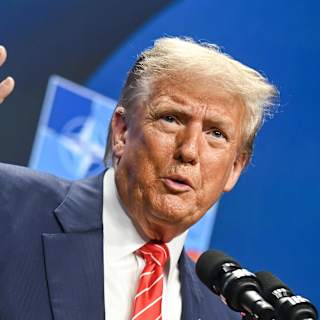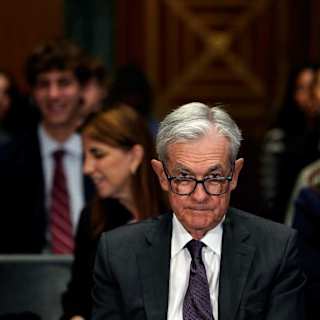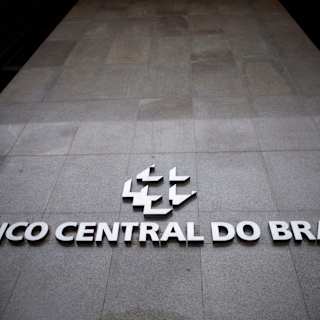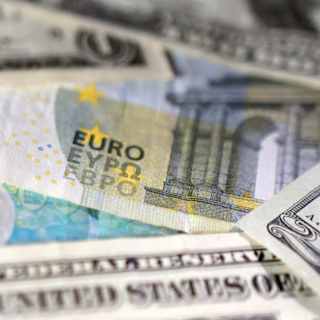- Inflation Expectations Under Pressure
- Growth Outlook Deteriorates
- Policy Challenges Mount
The Bank for International Settlements warned Sunday that the global economy stands at a crossroads, with "unmoored" inflation expectations posing risks of a massive shock as trade tensions and policy uncertainty threaten to reshape the economic landscape.
In its flagship 2025 Annual Economic Report released today, the Basel-based institution cautioned that widespread uncertainty could trigger persistent inflationary pressures while weakening growth prospects across most of the world's economies.
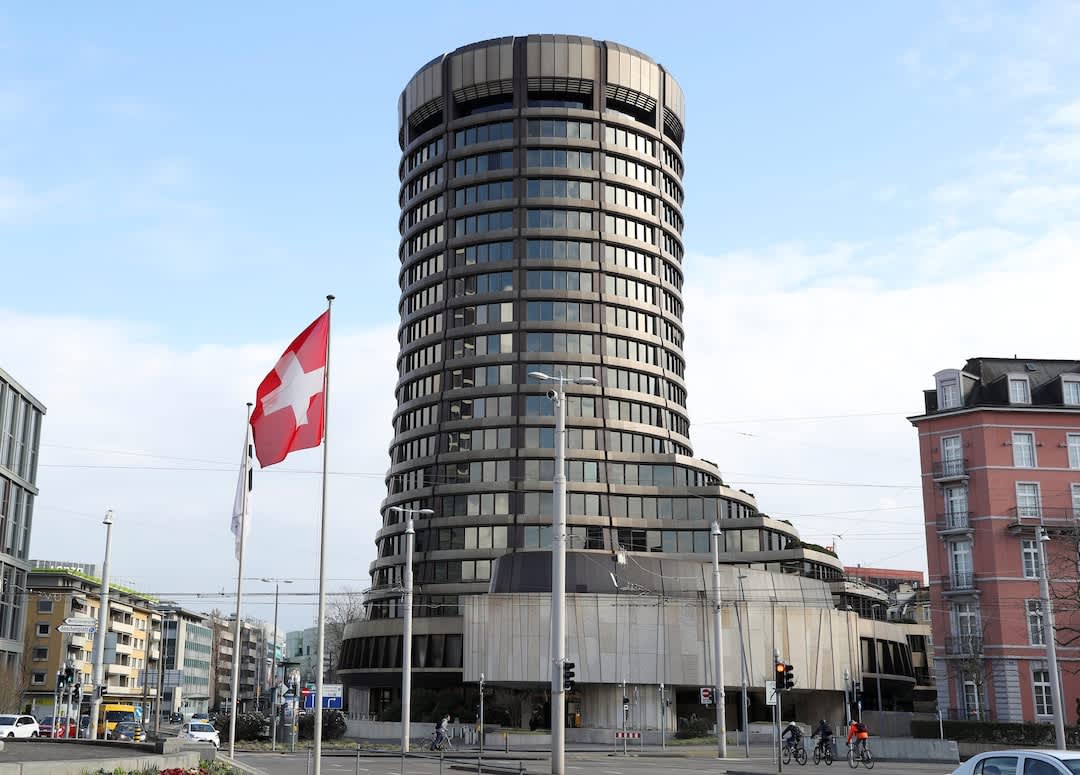
"Inflation expectations are very sensitive right now, and they could really jump if inflation were to be realized," said Hyun Song Shin, an economic adviser at BIS and author of the report1. "That's the kind of risk we're facing."
The warning comes as households surveyed across 29 advanced and emerging market economies expect inflation to average about eight percent over the next 12 months, reflecting the lasting impact of pandemic-era price surges1. Trade uncertainty is disrupting global supply chains, potentially creating shortages that could drive prices higher1.
BIS General Manager Agustín Carstens, speaking at the bank's Annual General Meeting in Basel, described how the global economy has entered "a new era of heightened uncertainty and unpredictability" following trade policy shocks earlier this year2.
The turbulence has prompted widespread downgrades to economic forecasts. Global gross domestic product is expected to reach 2.7 percent in 2025, with only modest improvement projected for 20261. The World Bank separately projected even slower growth of 2.3 percent this year, marking the weakest pace since 2008 outside of outright recessions2.
Growth forecasts have been cut for nearly 70 percent of all economies across regions and income groups, according to World Bank data2. The uncertainty has already begun affecting business decisions, with firms reporting delays in hiring and investment plans3.
The deteriorating outlook stems largely from trade policy changes announced in early April, when larger-than-expected U.S. tariffs sent shockwaves through global markets1. While some extreme measures have since been rolled back, elevated uncertainty persists1.
"Such pervasive policy uncertainty will affect central banks in several ways," Carstens noted, pointing to how businesses delay investments and households postpone major purchases as economic growth stagnates2.
The developments unfold against a backdrop of existing vulnerabilities, including declining productivity, high public debt levels, and growing influence of less-regulated financial institutions3.
